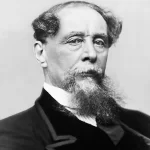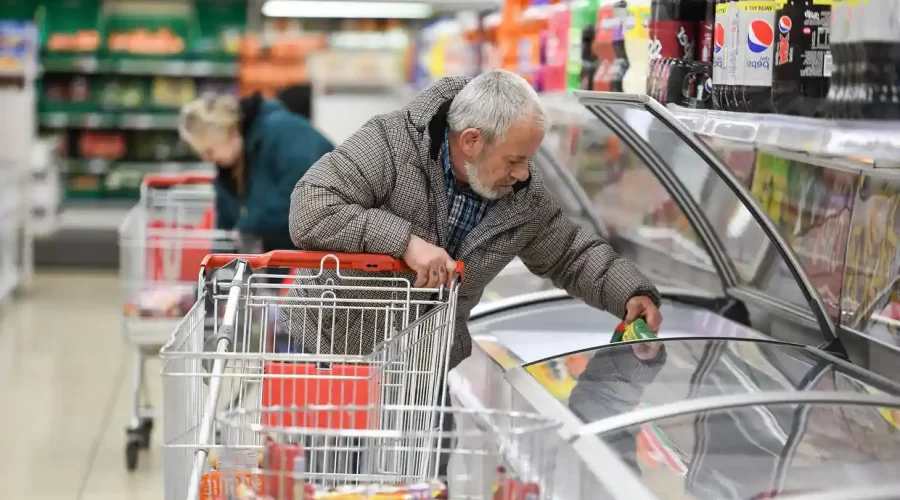Clearly the Tory play book has a theory of the deserving and the un-deserving poor that informs policy. During pandemic the government identified those people forced to stay off work or loosing their jobs as the deserving and they received gold plated support in the unprecedented furlough scheme which gave eligible employees up to 80% of their salary -capped at £2,500 a month (Ref).
During the pandemic the Universal Credit Scheme was seen to be inadequate for the deserving poor so had to be topped up by £20 a week – although annually amounting to less than half the monthly support for top workers, this was seen as enough for the un-deserving.
Now as we enter what will possibly the worst financial crisis in living memory, with fuel and food prices climbing, those on benefits and pensions will receive increases to match the predicted 10% inflation. Recipients of Universal Credit are still receiving £20 less than was seen as essential during the pandemic. Some are even worse off, recipients of ‘legacy’ benefits are still being transferred to universal credit, which the government knows will increase poverty – particularly child poverty. (Ref)
Meanwhile on the other side of the balance oil companies are making windfall profits, these are super profits that are being made because the nature of these markets prevent these profits from being competed away. The proposal for a windfall tax has been derided by the government as preventing investment in green energy and at the end of the day reducing the value to shareholders and pension funds. Even BP has said that a windfall tax would not affect investment (Ref) so that only leaves the interests of the shareholders and pension schemes – the deserving not so poor.
Currently poverty in the UK is at an all time high, food banks cannot cope with the demand, but still we have a government that treats the poor as being feckless architects of their own problems – they are the undeserving poor!! Yet support given to the poorest in society can create economic benefits for all, every penny of the additional £20 of universal credit was spent. In the year 21-22 the Trussell Trust distributed 2.1 million emergency food parcels(ref), if the average value of these was £5, this means that these emergency parcels alone took over £10 million out of local economies. So food banks and charities further drive the decline in areas of extreme poverty, denying those in these areas any role in the economy and condiment them to a life on benefits and handouts.

Without a properly funded welfare system the divide between the haves and the have nots will increase and large areas of our society will be written off and those living there, condemned as being the undeserving poor. These are exactly the issues that Dickens dramatised in Victorian society, the only difference is that the Victorians with wealth and influence saw philanthropy as something virtuous, today there is far more Scrooge than Mr Brownlow in the way we deal with poverty.
